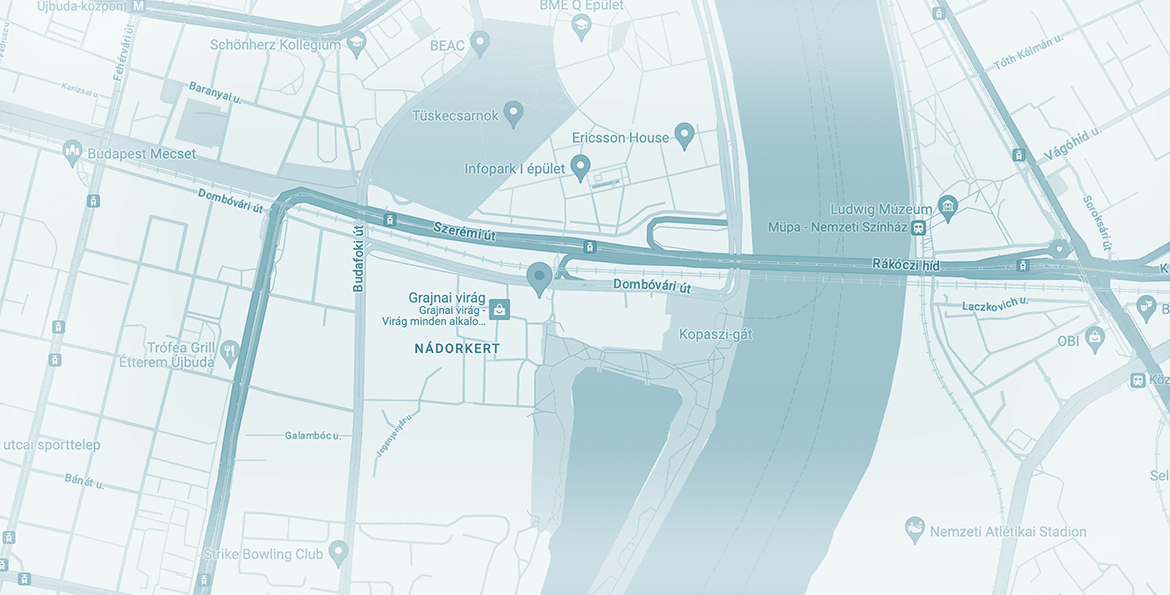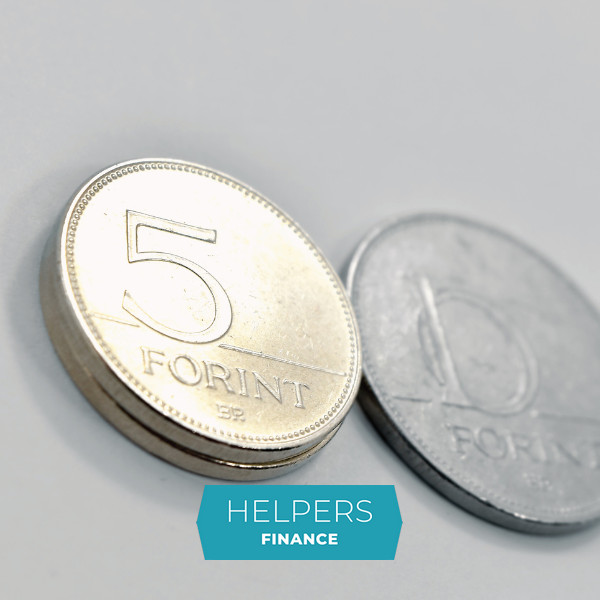
How to cut costs on corporate bank accounts in Hungary
Every Hungarian company is required by law to have a Hungarian corporate bank account. But how does banking work in Hungary, and which aspects should you consider to make your banking cost-effective as well as effortless?
Every Hungarian company is required by law to have a Hungarian corporate bank account. But how does banking work in Hungary, and which aspects should you consider to make your banking cost-effective as well as effortless?
Please note: If you have a Hungarian company, its banking data are part of its official data, and they should be registered by the Registry Court. At the same time, this lets you check if a bank account number indicated on an invoice you received from your Hungarian business partner is valid.
Which currencies to choose
When setting up your corporate bank accounts, you will need at least one HUF account. You will pay your taxes and your employees from here. Then think about what you are going to buy and sell, and in which currencies. Having separate bank accounts for separate currencies may add to your banking costs, but depending on your transaction volume, you can also save a lot on conversion.
To keep up to date with foreign exchange rates, it is easiest to follow the average rates communicated by the Hungarian National Bank (MNB). However, banks have their own daily rates for selling and buying foreign currencies, and those are what actually matter when you are making a transaction that involves an exchange – so those are what you should be keeping an eye on. If you make transfers between accounts in different currencies a lot, you can lose a lot on conversions – especially for EUR/USD transfers.
The European banking system: SEPA and IBAN
The European banking system lets you make international transfers more easily, more quickly, and with fewer extra costs. The European banking system entails not only countries on the European continent, but many others as well. Many of these belong to the so called Single Euro Payments Area (SEPA), and let you make EUR transfers for the cost of domestic transfers. You can check whether a country belongs to the SEPA here.
Thanks to this, sending EUR to any bank within this system (outside Hungary) is necessarily cheaper than sending any other currency (for which extra costs may apply) and letting your bank apply their own conversion rates. As a result, maintaining an EUR bank account is practical.
When receiving an invoice from a provider in a SEPA country, it will have an IBAN (an International Bank Account Number) indicated on it where the bank account number is supposed to be. The IBAN is in fact a regular bank account number, preceded by a country code and a two-digit ID number of the bank holding the account. In line with this, the length of the IBAN is different for every country, depending on the regular length of bank account numbers in each.
For example, Hungarian bank account numbers have normally 3×8 digits. Accordingly, a Hungarian IBAN will have 28 characters: the 4 characters of the country code and bank ID followed by the 24 digits of your Hungarian bank account number.
Before initiating the transfer, you can check whether your partner’s IBAN is valid here.
Other international transactions
When you are making a payment outside the European banking system, you will need a SWIFT or BIC code from your partner. This is an international ID that identifies the recipient bank, and has either 8 or 11 characters.
Unfortunately, when sending money outside the European banking system, the money must often be transferred through intermediary banks, which may levy charges on the transaction, so the recipient might get an amount significantly lower than initially agreed upon. To avoid this, it makes sense to use alternative, more predictable payment methods for such cases, such as PayPal or Wise.
Time frames for bank transfers
Even though all bank transfers go through the internet, they are not necessarily as swift as thought itself. When you are sending HUF within Hungary, it actually has a chance to arrive to its destinations within minutes, even outside banking hours. Sending a SEPA payment to the European banking system should day a working day or two. Sending a SWIFT or BIC payment outside the European banking system may take a few days more. Sending any sum above EUR 10,000 may take at least 3-5 working days.
If time is crucial, you can ask your provider if they have an option for paying with a bank card, or again choose an alternative method like PayPal or Wise.
Charges imposed by your Hungarian bank
The charges imposed upon banking services vary bank by bank and plan to plan. This information is always public, and it makes sense to review them on your own or ask for a consultation with a banking expert to see which plan is the best match for your planned activities.
- In Hungary, there is a transaction tax on almost every money transfer (with a few exceptions). This is a tax banks are supposed to pay, but they usually pass it on to the customers. Depending on the type of transaction it can be between 0.3-0.6% of the sum of the transfer, and it can be indicated on your statement as an itemized list or included in your monthly or yearly banking fees. Read more about them here.
- Actual banking fees are usually presented either as a commission (a certain rate of the transfer) or as a fixed fee per transaction. Commissions usually have a minimum and a maximum value (but not always: make sure if they do have a maximum value or not). Either the commission or the fixed fee can make sense depending on the types of transfers you are planning.
E.g. if you make many small transactions, it is better to choose the commission type than paying a high fixed fee for each of those transactions. - Receiving money is usually free of charge, but some banks charge for such transactions as well, especially if they are not made in HUF.
The offer you get or the plan that is available to you from your preferred bank will mostly depend on the expected transaction volume on your corporate bank account.
Know your business
To find the corporate bank account that is the best match for your Hungarian company, make sure you have a pretty good idea of what kinds of transactions you will be making.
- Sending HUF within Hungary is usually cheap and swift
- Sending EUR within Hungary is usually more expensive
- Sending EUR within the SEPA (outside Hungary) is cost-effective
- Avoid banks exchanging currencies for you by having bank accounts in the right currencies
- Have an idea of expected transaction volume, and whether they will be many or few, bigger or smaller transactions
- If you are planning to use alternative banking solutions like PayPal or Wise, consult your accountant beforehand
Can we help you? The Helpers Team has more than 15 years of experience assisting foreigners in Hungary, which includes corporate bank account opening. Let us guide you through this procedure so you can focus on developing your business.
Contact
Get in touch today
Monday - Friday
9am - 5pm CET
Helpers Finance Kft.
Budapart Gate
Dombóvári út 27
Budapest 1117, Hungary
If you’re visiting us, please use entrance A and come to the 2nd floor.



